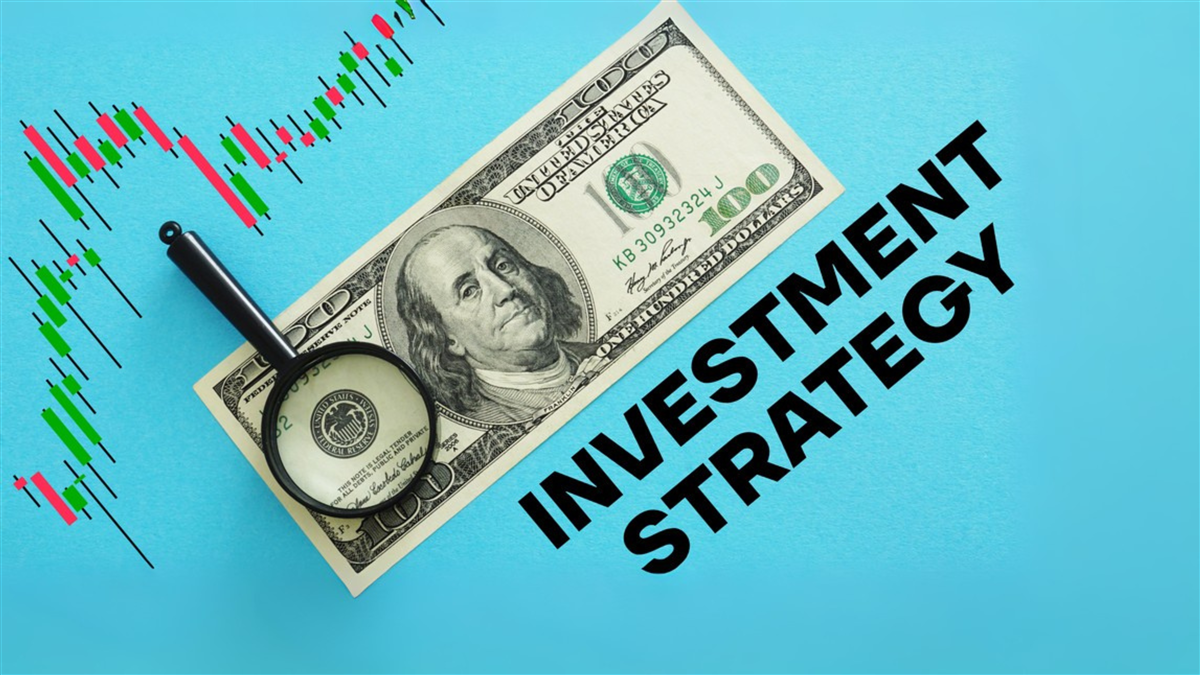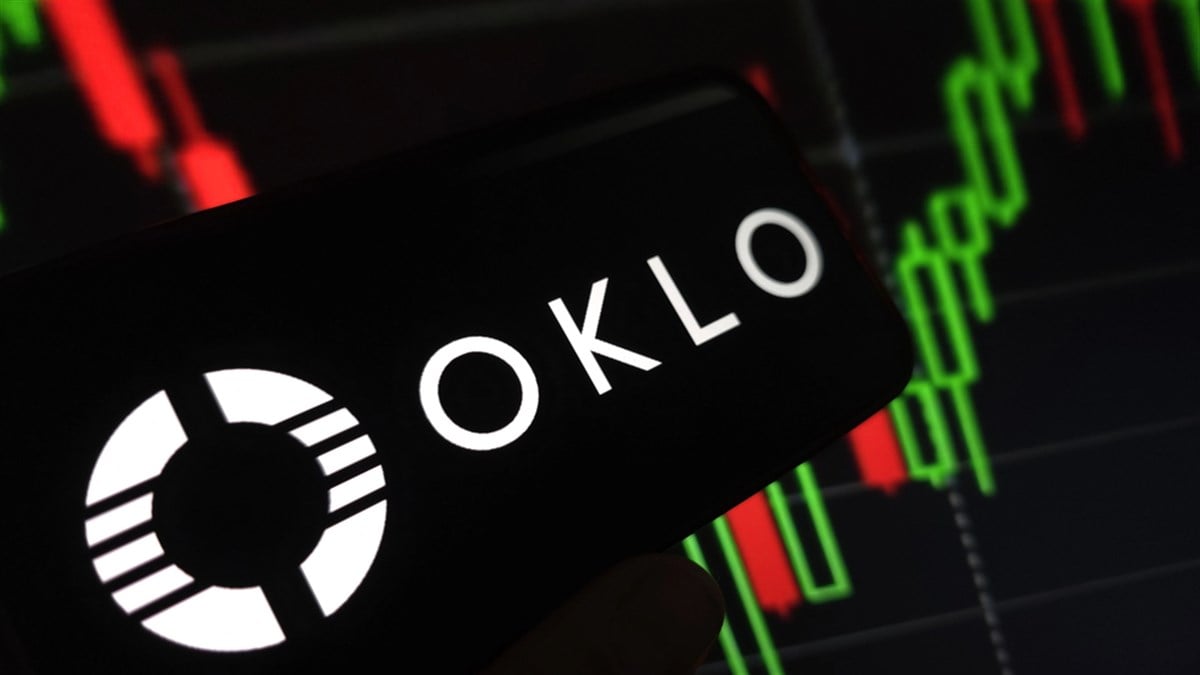Why Hedge Fund Elliott Bet $4B on Pepsi and Sees Over 50% Upside

For shareholders in beverage and snack behemoth PepsiCo (NASDAQ: PEP), the last few years have done anything but satiate their appetite for returns. Year-to-date, Pepsi has provided a total return of approximately 20% over the past five years.
Without including dividends, shares are up less than 10%. That’s a pitiful showing compared to its rival Coca-Cola (NYSE: KO), which has notched a 57% total return over that period. Pepsi has also greatly underperformed its sector. The Consumer Staples Select Sector SPDR Fund (NYSEARCA: XLP) has a total return of around 37% in that timeframe. However, one renowned investment fund believes that Pepsi could change its fortunes if the company takes its advice.
That firm is Elliott Investment Management, a well-known hedge fund and activist investor. As an activist investor, Elliott frequently accumulates significant stakes in underperforming companies. They then use their position as a large shareholder to influence a company’s strategic objectives as they see fit. Their goal is to unlock value and generate a substantial return.
Pepsi is Elliott’s latest reclamation project, and they believe the consumer staples giant is “deeply undervalued." Below, we’ll dive into the market reaction and Elliott's plan to turn Pepsi shares from dead money into a destination for returns.
The Market Reacts to Elliott’s PepsiCo Stake
On Sept. 2, shares of PepsiCo surged after Elliott revealed that it had built a $4 billion position in the company. Shares immediately rose by almost 6%; however, they closed the day up by only 1%. At first glance, this isn’t a resounding endorsement of the investment. It suggests that investors were initially excited, but that excitement faded after a more detailed analysis. However, Elliott’s plan has significant merit, taking cues from a proven strategy.
Elliott’s Message to Pepsi: Take a Sip of Coke's Profitability Cocktail
Elliott’s plan aims to alter Pepsi’s cost structure to match Coke’s. Pepsi’s LTM revenue of $92 billion nearly doubles Coke’s $47 billion, but Coke’s market cap is nearly $100 billion higher. Pepsi struggles to convert revenue into profit, with a 2024 adjusted net income margin of 12%, less than half of Coke’s 27%. If Elliott’s plan boosts Pepsi’s margins, the stock could gain significantly.
One of Elliott’s key proposals is for PepsiCo to refranchise its bottling operations. In practice, this would mean selling the factories and distribution assets that manufacture and deliver its beverages. PepsiCo would still oversee operations but avoid the direct costs, which could significantly improve margins. Bottling and distribution are capital-intensive, and Elliott points to Coca-Cola’s experience as proof: since completing its refranchising in 2017, Coke’s adjusted operating margin has expanded by more than 250 basis points, while Pepsi’s has fallen by roughly 100.
Elliott also highlights differences in volume trends. After refranchising, Coke’s soda sales stabilized following years of decline, while Pepsi’s volumes have continued to fall. The activist’s thesis is that refranchising allowed Coke to focus on higher-value drivers such as beverage innovation and brand marketing. Pepsi, by contrast, remains bogged down by bottling operations. Elliott argues that shifting focus back to its strengths could help Pepsi regain market share. The fund details several more strategies to unlock value in Pepsi in its 75-page presentation.
Elliott Sees Big-Time Value in PEP, But Patience Is Paramount
Overall, Elliott believes that if Pepsi were to implement its changes, shares could deliver more than 50% upside to investors. Notably, this is approximately the difference between Coke and Pepsi’s market capitalizations. Still, investors must be aware that Elliott's changes would take years to fully implement. Thus, an investment in Pepsi based on Elliott’s thesis requires a long-term perspective.
Another key point for investors to understand is that although a $4 billion investment is large in absolute terms, it only gives Elliott around a 2% stake in PepsiCo. Because they don’t have anywhere near a controlling stake, Elliott can’t force Pepsi to follow its plan. However, Elliott has historically been successful in getting the companies it invests in to follow its plans to a significant degree. Gaining seats on a company’s board is often a key avenue Elliott uses. It’s possible Elliott could take this route when it comes to Pepsi.
Learn more about PEP


